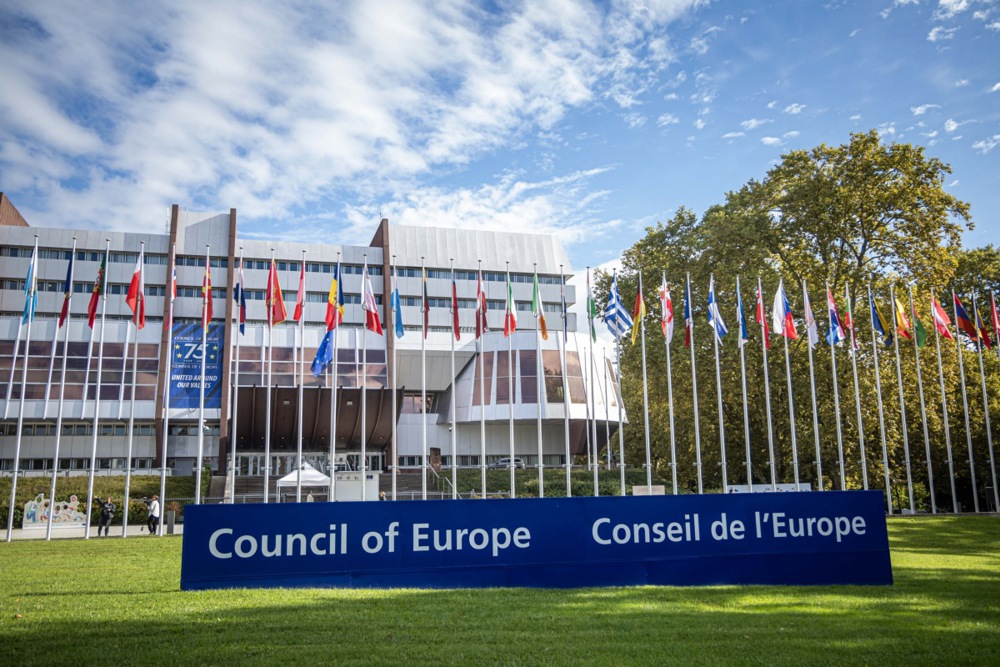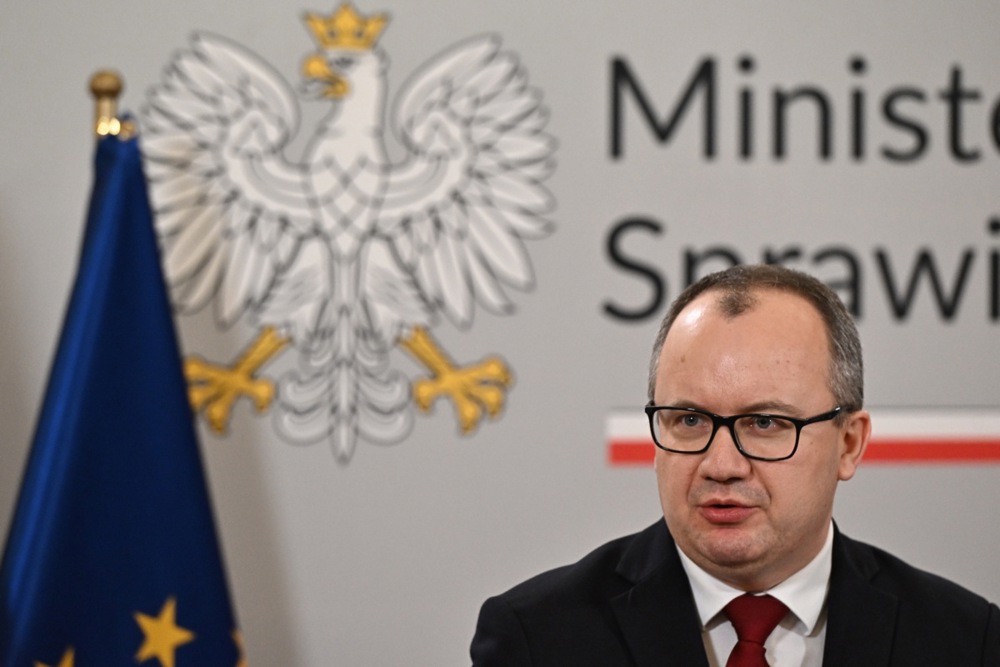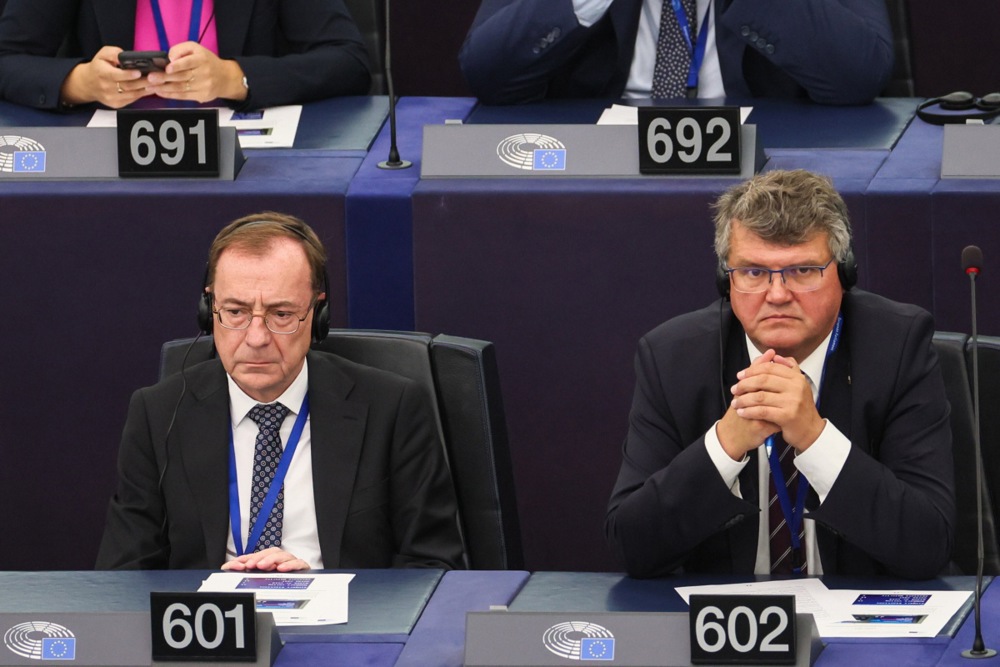The Brussels think-tank MCC, linked to the Hungarian Mathias Corvinus Collegium education forum, has published a report alleging the Polish Government led by Prime Minister Donald Tusk was guilty of “an unprecedented assault on the rule of law”.
According to the report published on December 11, the Tusk government had done so without any rebuke from the European Commission that sanctioned the previous Conservative (PiS) government for violating the principles of the rule of law.
It added that the Tusk government, since coming to power in December last year, had been “selectively deciding which judicial institutions to recognise and respecting only court rulings that align with its political agenda” and “forcibly seizing control of the prosecution service and public media”.
According to MCC, a dangerous precedent was being set by justifying the breaking of the law in order to “restore democracy” while vilifying the opposition PiS with a spate of lawsuits that were highly political and partisan in nature.
Another dangerous precedent, it claimed, was the refusal of the Tusk government to recognise courts and judges appointed during the lifetime of the previous PiS administration. It warned of the use of parliamentary resolutions in place of law when the government wanted to by-pass the presidential veto or existing law.
The report contrasted the way the European Commission reacted to alleged rule of law abuses during PiS’ rule and what it claimed was its tacit consent of abuses committed by the Tusk government.
“Despite the Tusk government’s lack of substantive legislative changes addressing judicial or media concerns, the Commission lifted financial sanctions,” the MCC wrote.
This decision starkly contrasted with its stance under the PiS, where “even minor infractions were met with severe penalties” said the report, adding that the Tusk government’s alleged abuses had been far greater than those alleged against its predecessor.
“A notable distinction between the governance of PiS (2015–2023) and Tusk’s coalition lies in their institutional support and adherence to constitutional processes,” the MCC said.
“During its tenure, PiS held both a parliamentary majority and the backing of President Andrzej Duda, allowing it to enact reforms within the formal bounds of Poland’s legal and constitutional framework” stated the report.
“In contrast, Tusk’s coalition lacks the parliamentary supermajority required to override presidential veto which has led it to adopt a strategy of fait accompli – pushing through controversial decisions via non-binding parliamentary resolutions, legal interpretations or outright disregard for established procedures,” it added.
The Tusk government argued that it was merely attempting to restore the rule of law, which it alleged the PiS government had abused in order to restore public confidence in the judicial process, adding that this goal required shortcuts to be taken to attain these objectives.





